 Purchasing a home is one of the most significant financial investments one can make in one’s lifetime. However, beneath the glossy exterior of a prospective dream home lies a world of hidden issues that can have a profound impact on your investment.
Purchasing a home is one of the most significant financial investments one can make in one’s lifetime. However, beneath the glossy exterior of a prospective dream home lies a world of hidden issues that can have a profound impact on your investment.
While a traditional home inspection is a crucial part of the process, there’s more to consider beyond the surface. Let’s explore the importance of going beyond standard home inspections to uncover the hidden issues in real estate transactions and how they can save you from future headaches.
The Basics of Home Inspections
Before delving into hidden issues, it is important to first understand the fundamentals of home inspections. A standard home inspection typically covers the evaluation of a property’s structural integrity, mechanical systems, and overall condition. A certified home inspector examines visible aspects like the roof, plumbing, electrical systems, and the foundation, identifying any potential issues or necessary repairs.
However, it’s essential to recognize that a traditional home inspection has its limitations. Inspectors can only assess what’s visible and accessible during their visit, and they may not delve into deeper, hidden issues. This is where the need to go beyond standard inspections arises.
Hidden Issues in Real Estate Transactions
Mold and Mildew: Mold and mildew thrive in damp, dark, and hidden spaces. These issues can significantly affect indoor air quality and pose health risks to inhabitants. While inspectors may identify visible signs of mold, it’s crucial to consider comprehensive mold testing, especially if the property has a history of moisture problems.
Pest Infestations: Termites, rodents, and other pests can wreak havoc on a home’s structural integrity. Detecting these issues often requires specialized inspections. Pests can go unnoticed during a standard inspection, and their presence can lead to extensive and costly damage.
Electrical and Plumbing Within Walls: While a standard inspection can identify issues with visible electrical and plumbing systems, it doesn’t encompass what lies behind walls. Older homes, in particular, may have outdated wiring or plumbing that could be a hidden hazard.
Environmental Hazards: Hidden environmental hazards like radon, asbestos, or lead-based paint can have serious health implications. These require specific inspections to detect and address properly.
Foundation and Structural Problems: Some foundation issues may not be apparent during a standard inspection. These can lead to structural instability, which is a costly problem to rectify.
Unpermitted Additions or Renovations: Not all homeowners obtain the necessary permits for home improvements. Unpermitted additions or renovations can create legal and financial complications down the road.
How to Uncover Hidden Issues
Hire Specialized Inspectors: In addition to a general home inspection, consider specialized inspectors for particular concerns such as mold, pests, or environmental hazards. These professionals can identify issues that might be hidden from a standard inspector.
Review Property History: Research the property’s history for any known issues or renovations. Local building departments often hold records that can provide insights.
Consult a Real Estate Attorney: A real estate attorney can review property documents, such as titles and deeds, to uncover any potential issues. They can also help navigate legal aspects of the transaction.
Request Seller Disclosures: In many jurisdictions, sellers are required to disclose known issues with the property. Request these disclosures to gain a better understanding of potential hidden problems.
Purchasing a home is a significant life decision, and it’s essential to go beyond the surface during the real estate transaction process. While a standard home inspection is vital, it may not uncover all hidden issues that could affect the value and safety of your investment.
By hiring specialized inspectors, conducting thorough research, and seeking expert advice, you can make more informed decisions and protect yourself from costly surprises down the road. Remember, knowledge is power, and the more you uncover about a property, the better prepared you’ll be for your real estate journey.
 When you walk into a home, the smell is one of the first things you notice, even before you fully take in the layout or the finishes. Most buyers do not realize how much odors can reveal about a home’s condition. As real estate professionals, we encourage buyers to pay close attention to unusual smells, because even small odors can signal bigger problems hiding beneath the surface. Knowing which smells to take seriously can save you time, money, and future headaches.
When you walk into a home, the smell is one of the first things you notice, even before you fully take in the layout or the finishes. Most buyers do not realize how much odors can reveal about a home’s condition. As real estate professionals, we encourage buyers to pay close attention to unusual smells, because even small odors can signal bigger problems hiding beneath the surface. Knowing which smells to take seriously can save you time, money, and future headaches.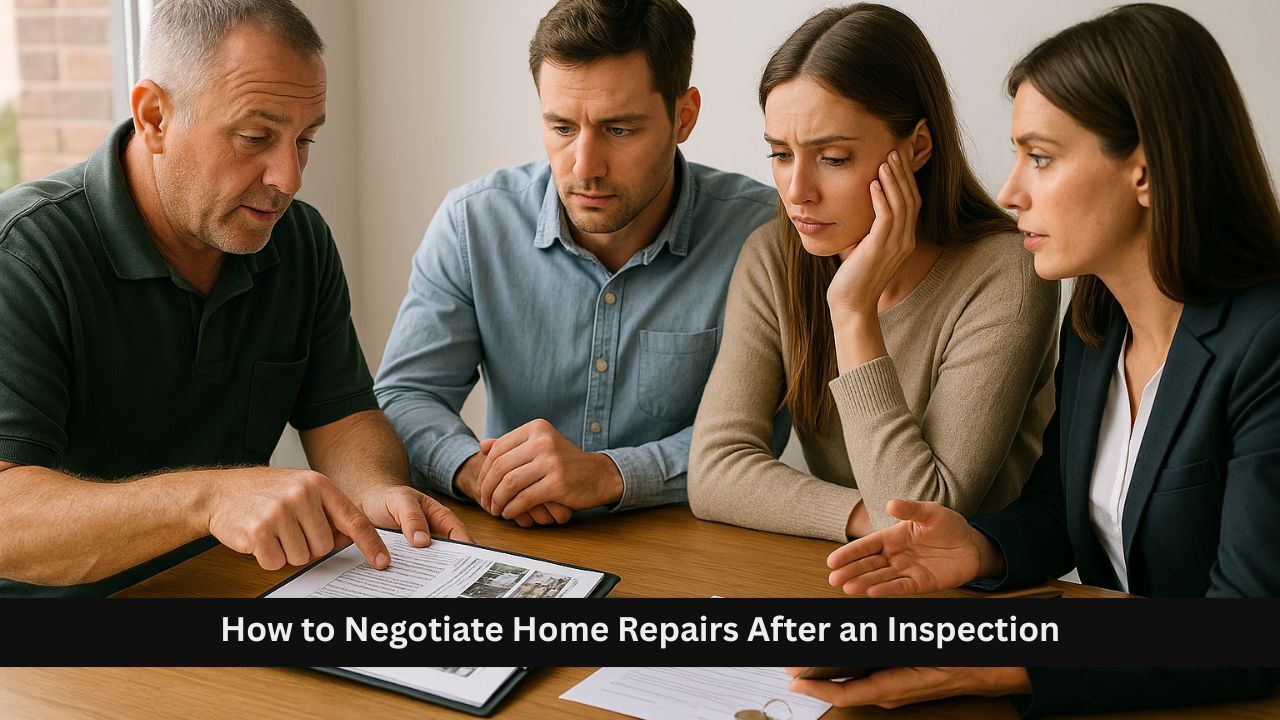 A home inspection is one of the most important steps in the home buying process. It gives buyers a clear picture of the property’s condition and can uncover issues that are not visible during a showing. From roofing problems to electrical concerns, an inspection helps ensure you know exactly what you are purchasing. However, once the report arrives, the next step, and negotiating repairs, can feel overwhelming.
A home inspection is one of the most important steps in the home buying process. It gives buyers a clear picture of the property’s condition and can uncover issues that are not visible during a showing. From roofing problems to electrical concerns, an inspection helps ensure you know exactly what you are purchasing. However, once the report arrives, the next step, and negotiating repairs, can feel overwhelming. In a competitive real estate market, buyers may feel pressured to make their offers more attractive by waiving contingencies—especially the home inspection. While skipping a home inspection might seem like a way to speed up the buying process or make an offer stand out, it can be a costly mistake with long-term consequences. Here’s why a home inspection should always be part of your home-buying process, no matter how competitive the market is.
In a competitive real estate market, buyers may feel pressured to make their offers more attractive by waiving contingencies—especially the home inspection. While skipping a home inspection might seem like a way to speed up the buying process or make an offer stand out, it can be a costly mistake with long-term consequences. Here’s why a home inspection should always be part of your home-buying process, no matter how competitive the market is.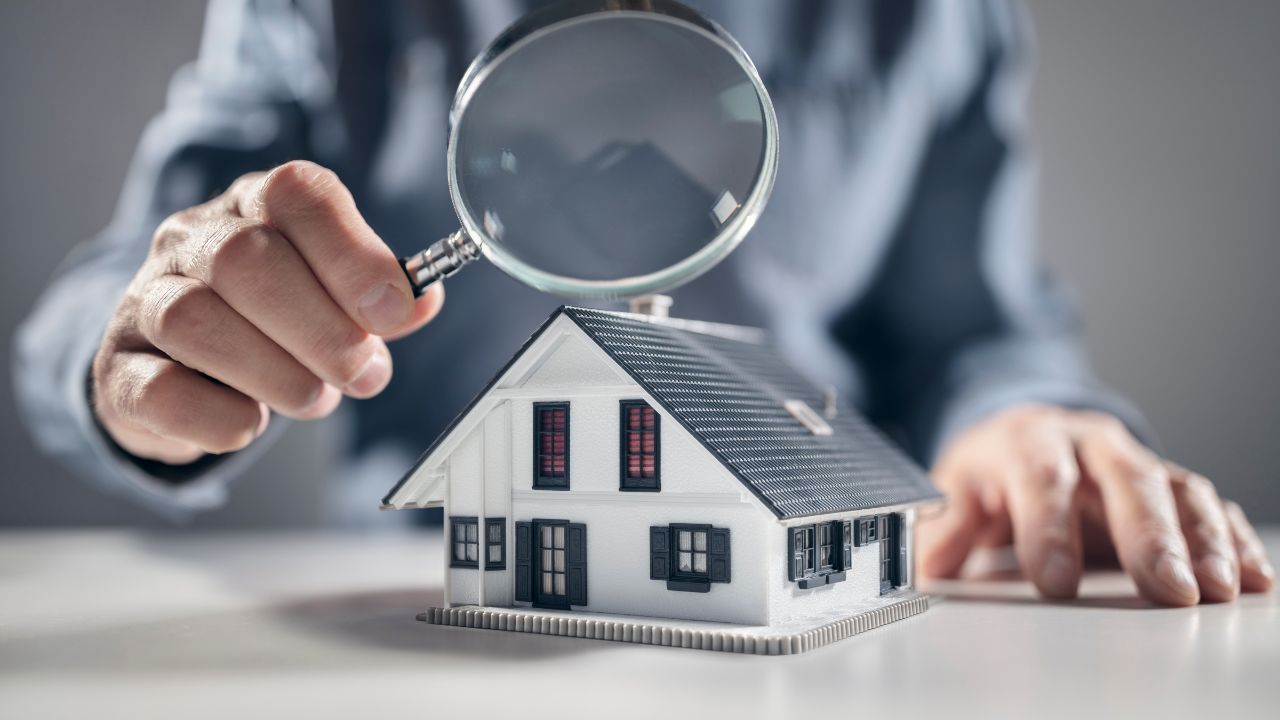 When buying or selling a home, you’ll likely encounter both a home inspection and a home appraisal. While these processes are essential for ensuring a smooth real estate transaction, they serve different purposes and involve unique evaluations. Understanding the differences between a home inspection and a home appraisal can help you navigate the home-buying or selling process more confidently.
When buying or selling a home, you’ll likely encounter both a home inspection and a home appraisal. While these processes are essential for ensuring a smooth real estate transaction, they serve different purposes and involve unique evaluations. Understanding the differences between a home inspection and a home appraisal can help you navigate the home-buying or selling process more confidently.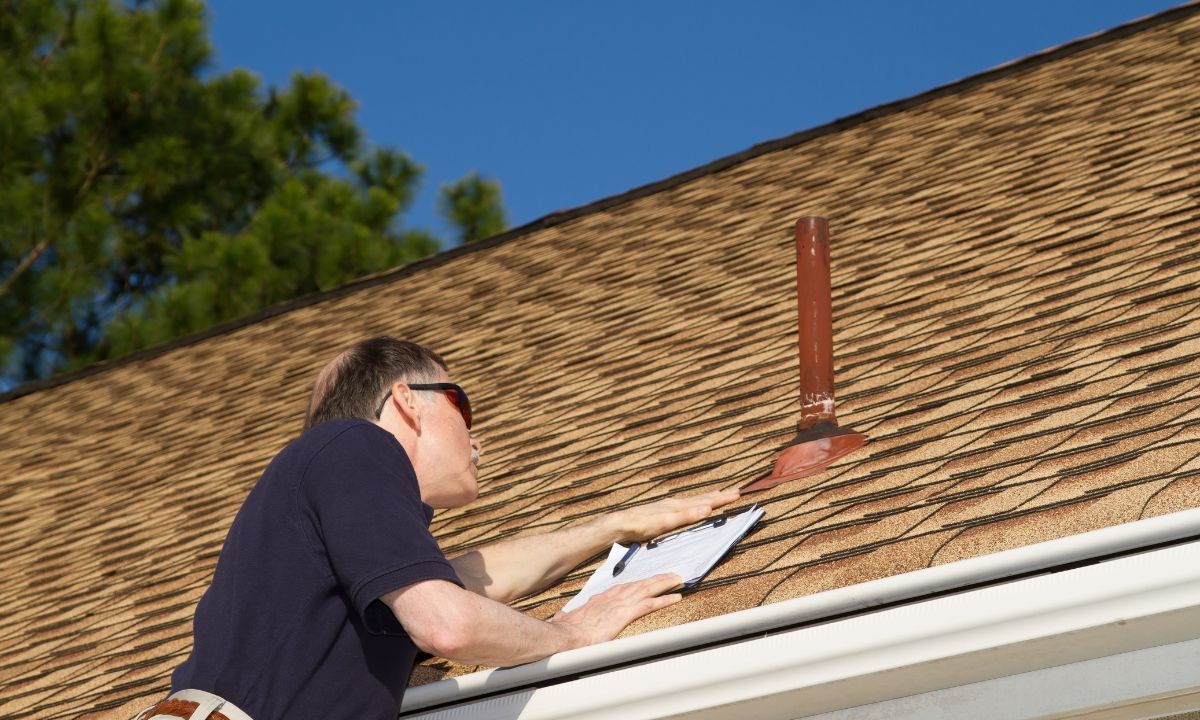 Buying your first home is an exciting milestone, but it can also feel overwhelming. One critical step in the home-buying process is the home inspection. An inspection is a complete examination by a professional home inspector and ensures the property is in good condition and helps you avoid costly surprises. What exactly does a home inspector look for in a home you want to buy? Let’s break it down.
Buying your first home is an exciting milestone, but it can also feel overwhelming. One critical step in the home-buying process is the home inspection. An inspection is a complete examination by a professional home inspector and ensures the property is in good condition and helps you avoid costly surprises. What exactly does a home inspector look for in a home you want to buy? Let’s break it down.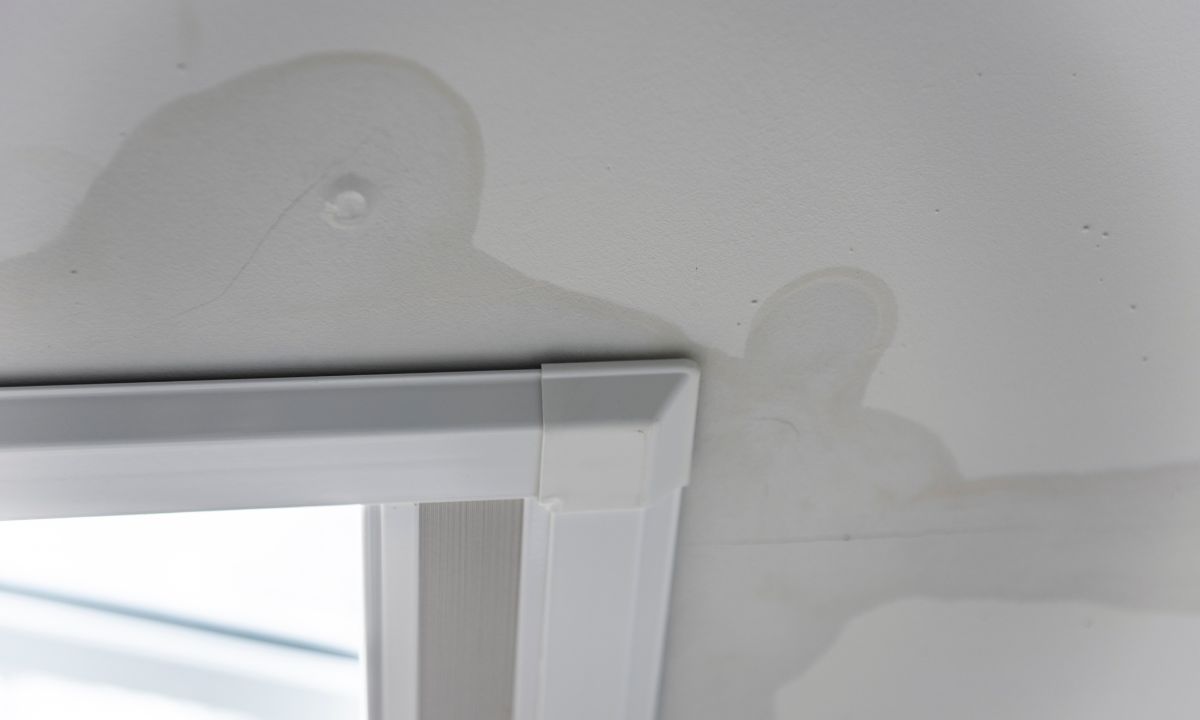 Buying a home is a significant investment, and ensuring the property is in good condition is crucial. There are times when asking the seller for repairs is the best course of action, but in other situations, requesting a credit may be more beneficial. Understanding when to choose each option can help you navigate the buying process more effectively.
Buying a home is a significant investment, and ensuring the property is in good condition is crucial. There are times when asking the seller for repairs is the best course of action, but in other situations, requesting a credit may be more beneficial. Understanding when to choose each option can help you navigate the buying process more effectively.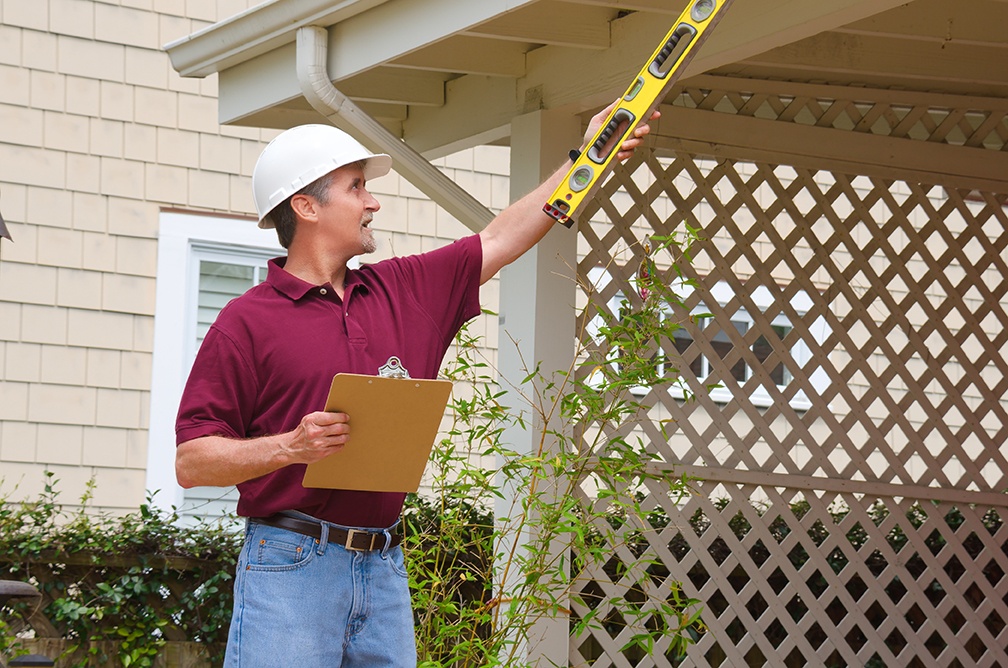 Buying a new home is an exciting and significant milestone in anyone’s life. However, it’s essential to approach the homebuying process with caution and thoroughness to ensure that you’re making a sound investment. One crucial step in the homebuying journey is the home inspection. A home inspection is a comprehensive evaluation of a property’s condition, aiming to uncover any potential issues or concerns that could affect its value or safety. Below are some tips to remember when navigating a home inspection.
Buying a new home is an exciting and significant milestone in anyone’s life. However, it’s essential to approach the homebuying process with caution and thoroughness to ensure that you’re making a sound investment. One crucial step in the homebuying journey is the home inspection. A home inspection is a comprehensive evaluation of a property’s condition, aiming to uncover any potential issues or concerns that could affect its value or safety. Below are some tips to remember when navigating a home inspection.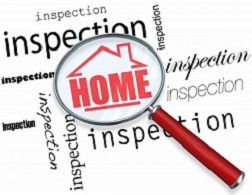 Home inspections are a tense time for everyone. Sellers are passionately hoping that nothing major is wrong with their home that could hold up the transaction.
Home inspections are a tense time for everyone. Sellers are passionately hoping that nothing major is wrong with their home that could hold up the transaction.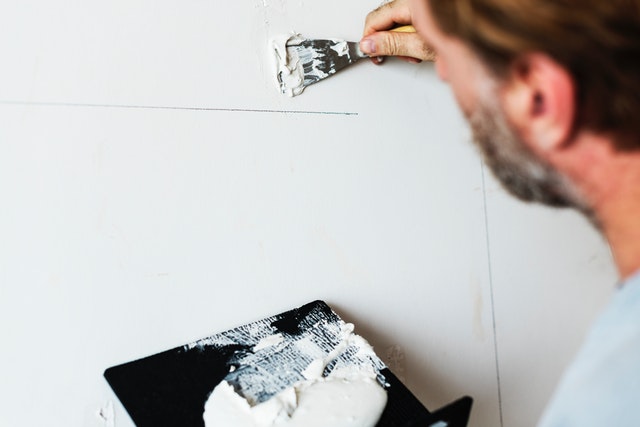 When you started thinking about putting your house up for sale, you probably made a list of repairs that need to be done ahead of time. If that list was long, you might be at a point where you’re asking if it’s all worth it. Will prospective buyers really notice the little things? And even if they do, will that affect how much you’re able to get for your home?
When you started thinking about putting your house up for sale, you probably made a list of repairs that need to be done ahead of time. If that list was long, you might be at a point where you’re asking if it’s all worth it. Will prospective buyers really notice the little things? And even if they do, will that affect how much you’re able to get for your home?